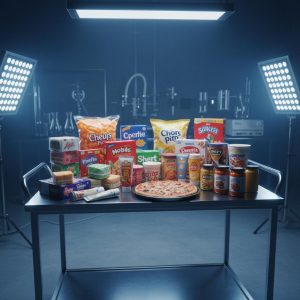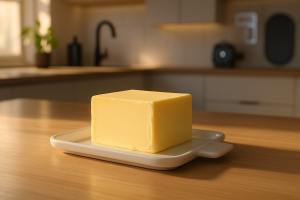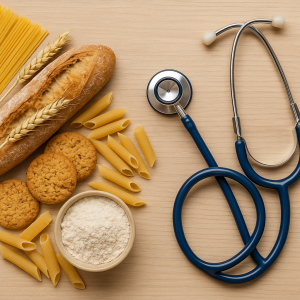 The modern way of life, in which we spend most of the day away from home due to our needs, often forces us to eat our main meal in the evening. As a result, our stomachs become “overloaded”, which affects our sleep and its quality.
The modern way of life, in which we spend most of the day away from home due to our needs, often forces us to eat our main meal in the evening. As a result, our stomachs become “overloaded”, which affects our sleep and its quality.
Studies have shown that the timing and quantity of the evening meal is directly related to the timing and quantity of other meals consumed during the day.
Eating habits
If we eat few and “bad” meals during the day, we burden our stomach with a heavier meal at dinner, which in turn affects our sleep.
Article continued below
A rich and heavy meal also places more “demands” on our circulatory system so that it sends more blood to our gastrointestinal system for digestion to take place. The stomach secretes more stomach acid, the function of the pancreas is intensified, as is the production of digestive enzymes. As a result of these processes, our body does not come to rest.
Which foods you should avoid if you want to sleep well
Let us take a look at which foods prevent sleep:
– Certain ingredients such as caffeine (coffee, chocolate, tea, carbonated soft drinks) and theophylline (found in black tea) seem to interfere with sleep. It is recommended to limit the consumption of foods containing these two ingredients at dinner in order to sleep better.
– Although alcohol has a depressive effect on the nervous system, it leads to poor sleep quality when consumed at night, as it increases the release of adrenaline (stress hormone) and blocks the transport of tryptophan to the brain. Tryptophan is an amino acid that plays an important role in the onset of sleep.
– Spicy foods that contain a lot of spices can lead to hyperacidity and heartburn in the stomach, which is exacerbated when lying down. Since the digestive system slows down during sleep, eating spicy foods can lead to sleep problems.
– Finally, hydration (including water) should be limited, as frequent urination can wake us up several times during the night. The ideal is to stop drinking any liquids 90 minutes before going to bed.






